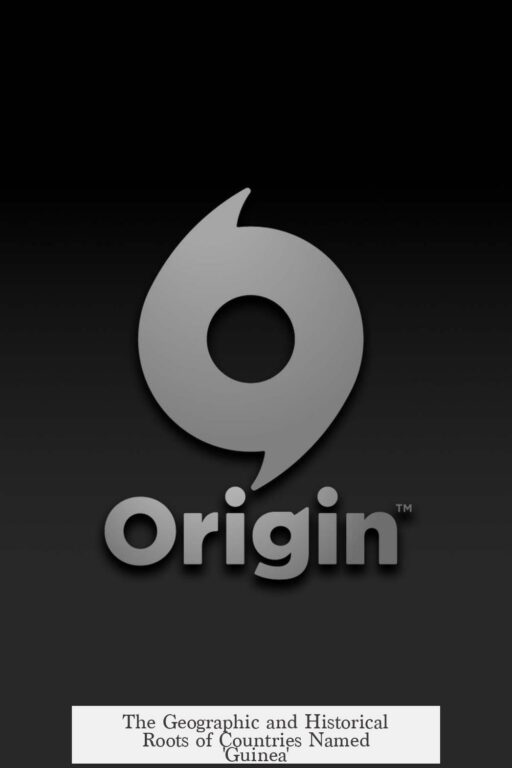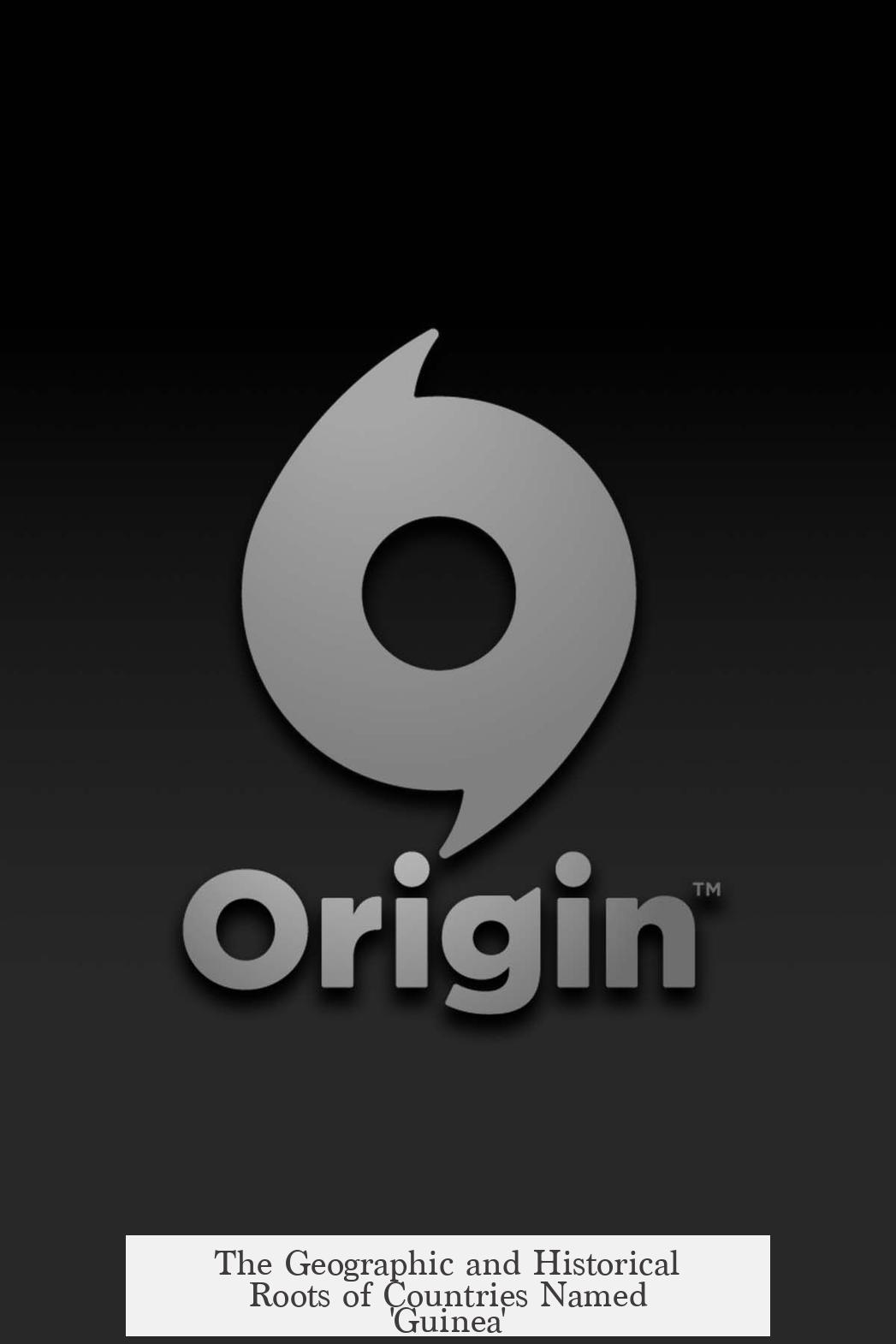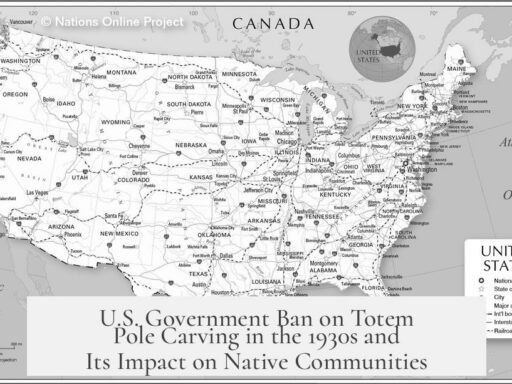The reason many countries have “Guinea” in their names traces back to the West African coastal region called Guinea, named after the Gulf of Guinea. This name became common due to European colonization along this coast, where various powers established colonies known as French Guinea, Portuguese Guinea, Spanish Guinea, and German Guinea. After these nations gained independence, many kept the “Guinea” part of their names, sometimes modifying it to distinguish their new identities.
The term “Guinea” initially referred to a broad coastal area of West Africa. Europeans exploring this region adopted the name to label the territories they claimed. Each colonial power added “Guinea” to their colony’s identification: French Guinea, Portuguese Guinea, Spanish Guinea, and German Guinea marked the different colonial holdings.
When these colonies achieved independence in the mid-20th century, they altered their names in several ways:
- Guinea-Bissau dropped “Portuguese” and added “Bissau,” its capital city’s name.
- Guinea> (also known as Guinea-Conakry) eliminated the colonial prefix entirely but retained “Guinea.”
- Equatorial Guinea changed from Spanish Guinea, reflecting its location near the equator.
- Former German colonies dropped “Guinea” entirely, becoming countries like Togo and Cameroon.
A notable exception is Papua New Guinea in Oceania. European explorers named this island “New Guinea” because they thought its indigenous people resembled Africans from the Guinea coast, despite no real connection. “Papua” refers to the native name, while “New Guinea” reflects this colonial comparison.
Additionally, the English gold coin “Guinea” is named after this African region since much of its gold was sourced from there during the 17th and 18th centuries.
| Country | Colonial Name | Post-Independence Name Reason |
|---|---|---|
| Guinea | French Guinea | Kept Guinea, dropped French name; known as Guinea or Guinea-Conakry. |
| Guinea-Bissau | Portuguese Guinea | Added capital city name Bissau to distinguish itself. |
| Equatorial Guinea | Spanish Guinea | Renamed to reflect equatorial location. |
| Togo & Cameroon | German Guinea (partly) | Dropped Guinea, used historical regional names. |
| Papua New Guinea | N/A (Oceania) | Named “New Guinea” by explorers due to perceived resemblance to African Guinea natives. |
- The name “Guinea” originates from a West African coastal region.
- European colonial powers added “Guinea” to their territories’ names.
- Post-independence countries modified these colonial names, keeping or altering “Guinea.”
- Papua New Guinea’s name is unrelated geographically, reflecting a European misconception.
- The English coin “Guinea” derives its name from this African region’s gold.
Why Are So Many Countries Called ‘Guinea’?

Simply put, many countries are called “Guinea” because the name originally described a large coastal region in West Africa, and European colonizers applied it to their territories there. This trend stuck, evolving through colonial claims, independence, and even curious cases like Papua New Guinea.
Now, let’s unpack this tangled global Guinea story, linking history, geography, and a dash of quirky colonial mishap.
A Regional Name That Stuck
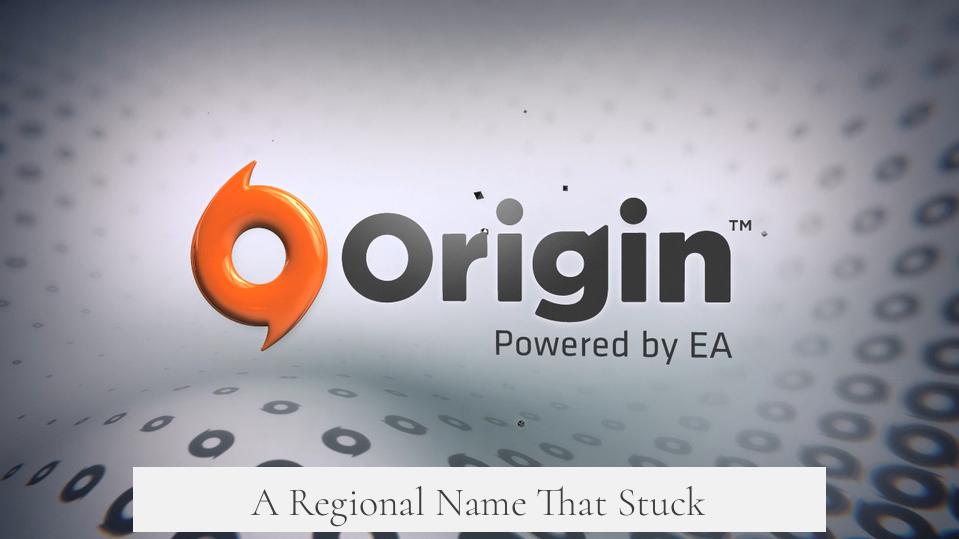
The name Guinea first referred to a broad region along the Gulf of Guinea on the West African coast. This stretch of coastline was historically rich in resources, especially gold. Early traders and explorers simply called this entire zone “Guinea,” further breaking it into areas like Upper and Lower Guinea for more precise navigation and trade purposes.
You can imagine sailors back then pointing westward and shouting, “Bring me goods from Guinea!” It made sense, as it wasn’t just a country—it was a general geographic term.
The Colonial Stamp: Why European Powers Loved “Guinea”
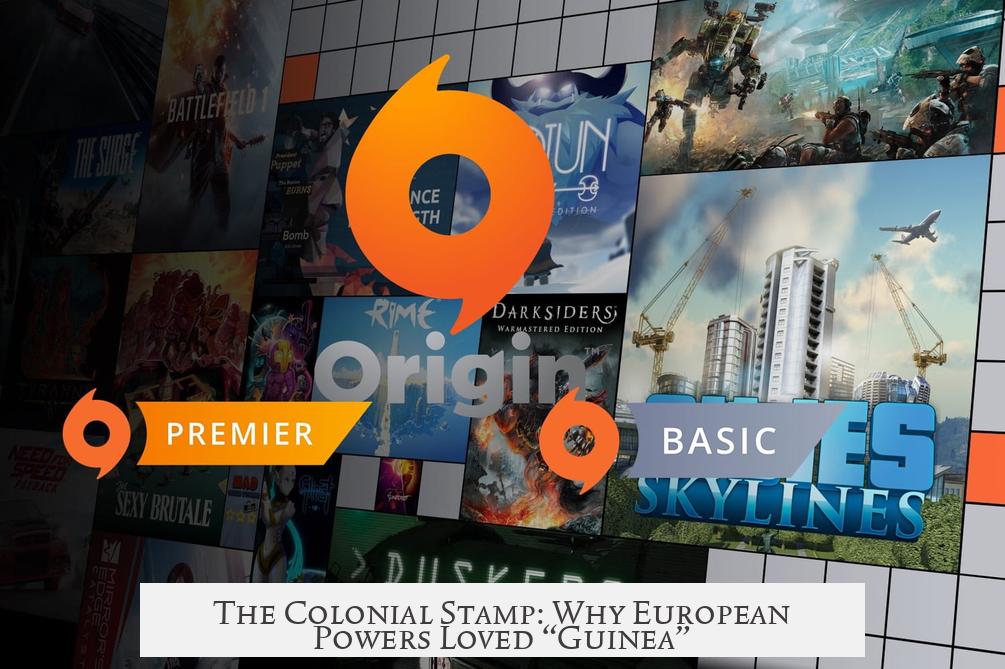
When European countries like France, Spain, Portugal, and Germany scrambled for African territories, they took the existing regional names as labels for their colonies. Thus, they ended up with names like French Guinea, Spanish Guinea, Portuguese Guinea, and German Guinea. These were basically Europe’s sticky notes on Africa’s map.
Important to remember: These colonial names weren’t random. They reflected the established local or regional terms that were already in use by traders and explorers—so Guinea was a convenient and recognized label.
The result? Multiple “Guineas” in one area, differentiated by which European power ruled them.
After Independence: The Guinea Name Lives On
When these colonies gained independence, several countries decided to keep “Guinea” as part of their identity. This move was neither about clinging to colonial past nor confusion—it’s about regional pride and continuity.
- Guinea-Bissau—formerly Portuguese Guinea—added its capital city’s name, Bissau, to distinguish itself.
- Guinea itself (also called Guinea-Conakry, after the capital) is the former French colony.
- Equatorial Guinea took the Spanish Guinea name and combined it with its position near the equator to forge a unique but familiar identity.
Meanwhile, the territories of the former German Guinea toughened up and dropped Guinea altogether. They’re the modern countries Togo and Cameroon, carrying historical rather than colonial names.
The Oddball: Papua New Guinea
History throws a curveball with Papua New Guinea. It’s nowhere near West Africa—instead, it sits in the Pacific Ocean near Australia.
How did it end up with “Guinea” in its name? Europeans who first encountered the native Melanesian islanders thought they looked a lot like those from Guinea in West Africa. True or not, the resemblance in dark skin tones fooled them. Thus, they called the island “New Guinea.”
Today, Papua New Guinea combines the native name Papua with the colonial-era term “New Guinea” to form the full country name.
The English Coin Connection
Here’s a fascinating nugget: The English coin called the “Guinea” got its name because much of the gold used to mint these coins came from the Guinea region of West Africa.
This simple fact shows how intertwined the region’s name is—with global commerce, colonialism, and even everyday money.
What Does This Mean for You?
Ever wonder why country names can sound alike but refer to very different places? “Guinea” is a stellar example of how geography, history, and culture overlap to produce some intriguing names. It’s a reminder that names carry histories people might not recognize immediately.
If you travel to Guinea, Guinea-Bissau, or Equatorial Guinea, you’re stepping into a region bound by shared colonial history and cultural threads.
Meanwhile, Papua New Guinea tells a story of mistaken identity that became legacy, showing how early explorers shaped naming in fascinating ways.
So, Should We Expect More “Guineas”?
Probably not. The colonial era’s naming frenzy is mostly over. Countries now prefer unique names, highlighting their distinct identities or indigenous roots. Yet, Guinea’s example sheds light on how history clings to names like stubborn stickers.
Next time you hold a guinea coin or hear about Guinea on the news, remember it’s connected through a web of regional geography, colonial exploits, and surprisingly, mistaken identity across oceans!
Summary Table of “Guinea” Countries
| Country Name | Colonial Past | Name Origin | Post-independence Changes |
|---|---|---|---|
| Guinea (Guinea-Conakry) | French Guinea | Named after West Africa’s Guinea region | Dropped “French,” kept Guinea |
| Guinea-Bissau | Portuguese Guinea | Named after the region + capital city Bissau | Added city name to differentiate |
| Equatorial Guinea | Spanish Guinea | Named for location near equator + Guinea region | Adopted “Equatorial” to distinguish itself |
| Togo and Cameroon | German Guinea (partially) | Original indigenous names | Dropped Guinea, reverted to historical names |
| Papua New Guinea | European explorers | Named “New Guinea” after perceived resemblance to African Guineans | Combined native (Papua) and colonial (“New Guinea”) names |
Who knew that a name could travel across continents, currencies, and centuries? This lingering “Guinea” mystery is both a lesson and a chuckle in how the world names its places.
